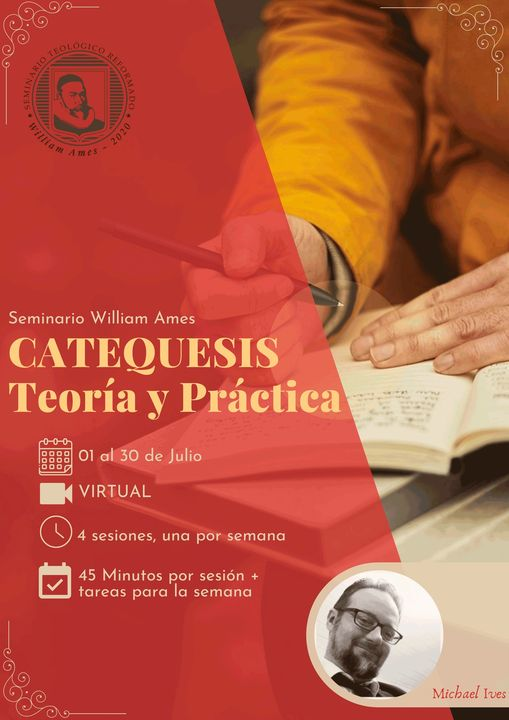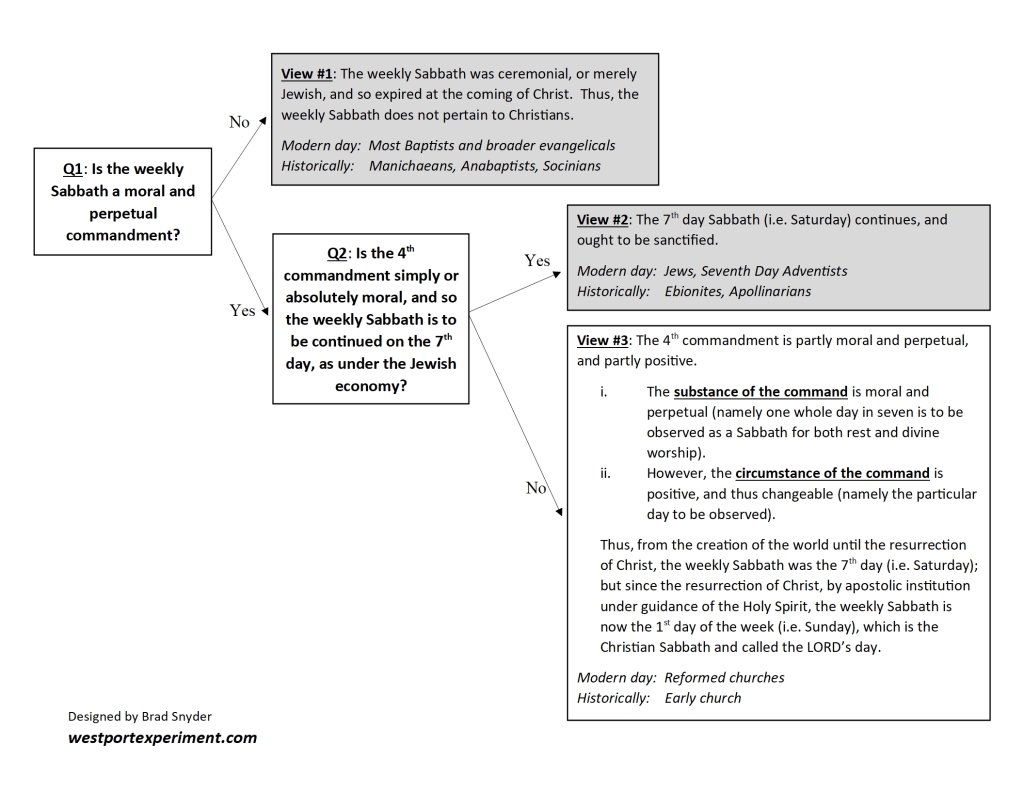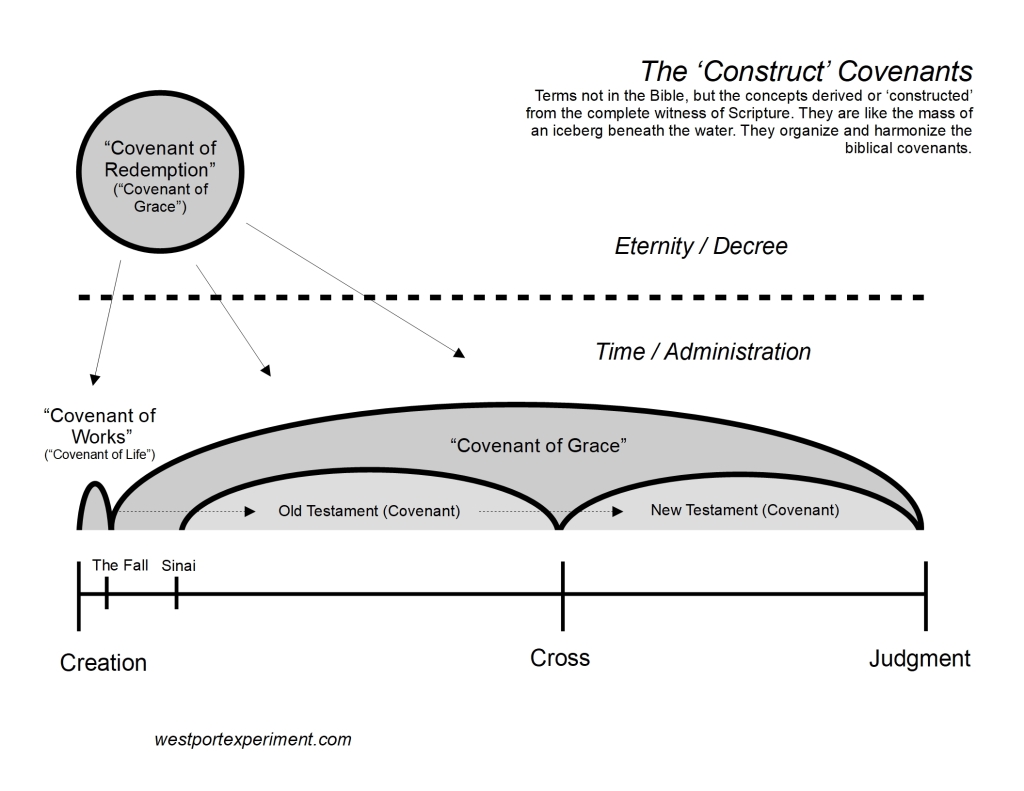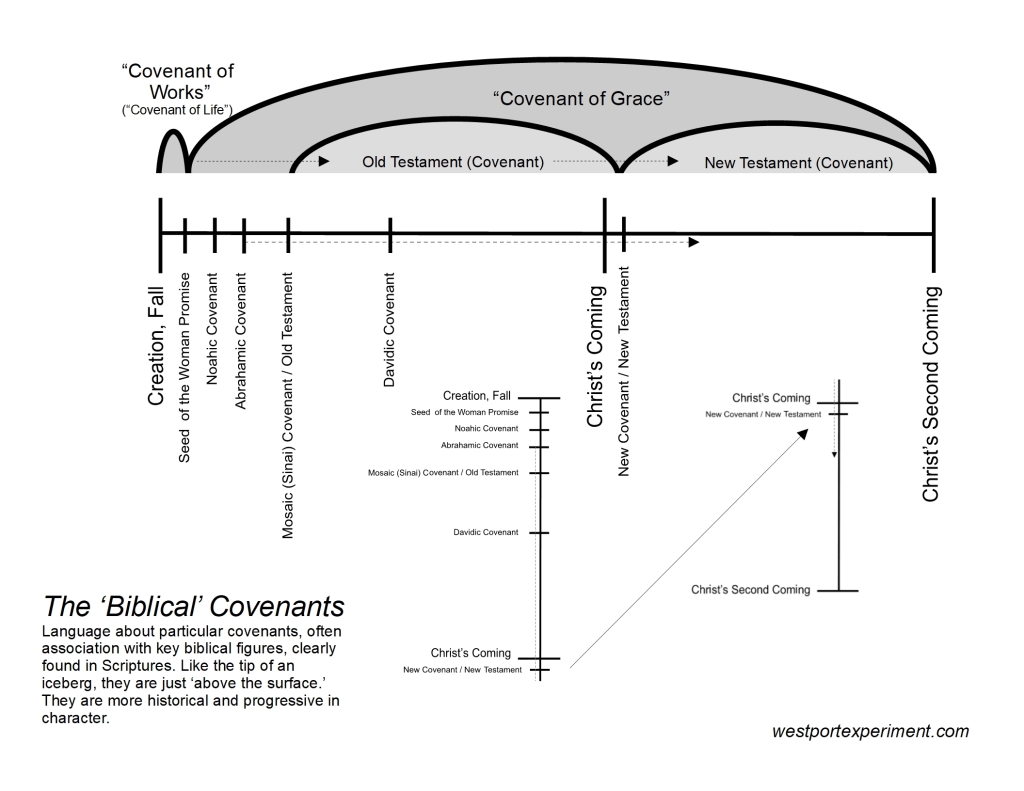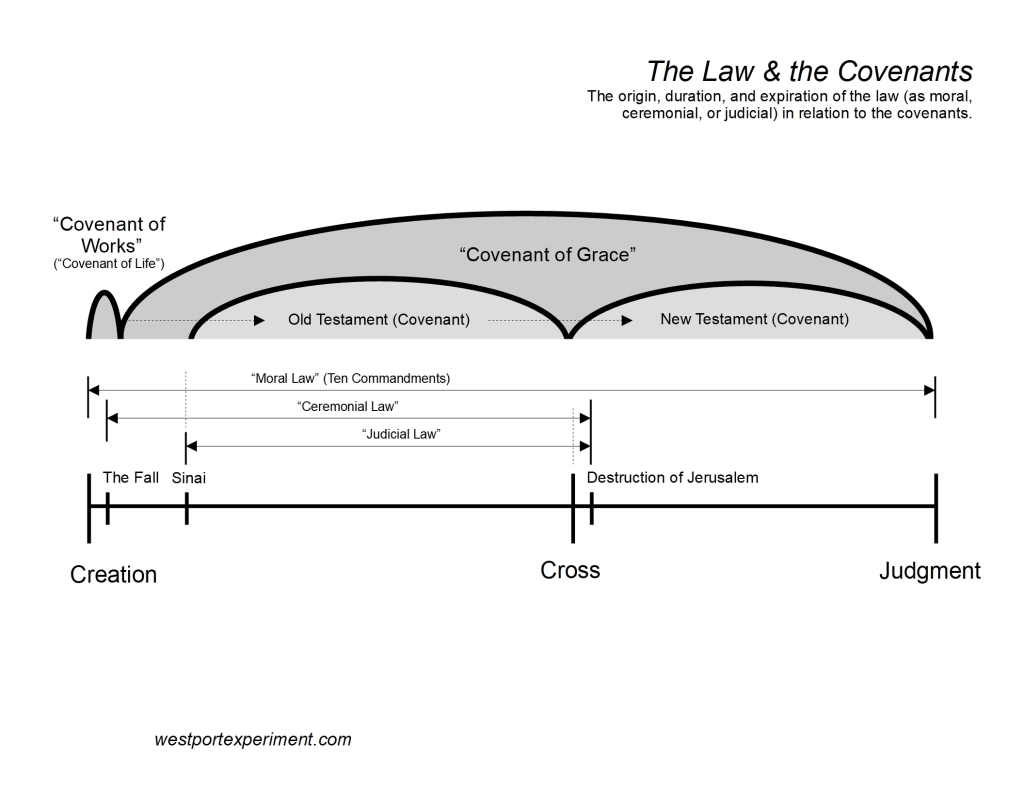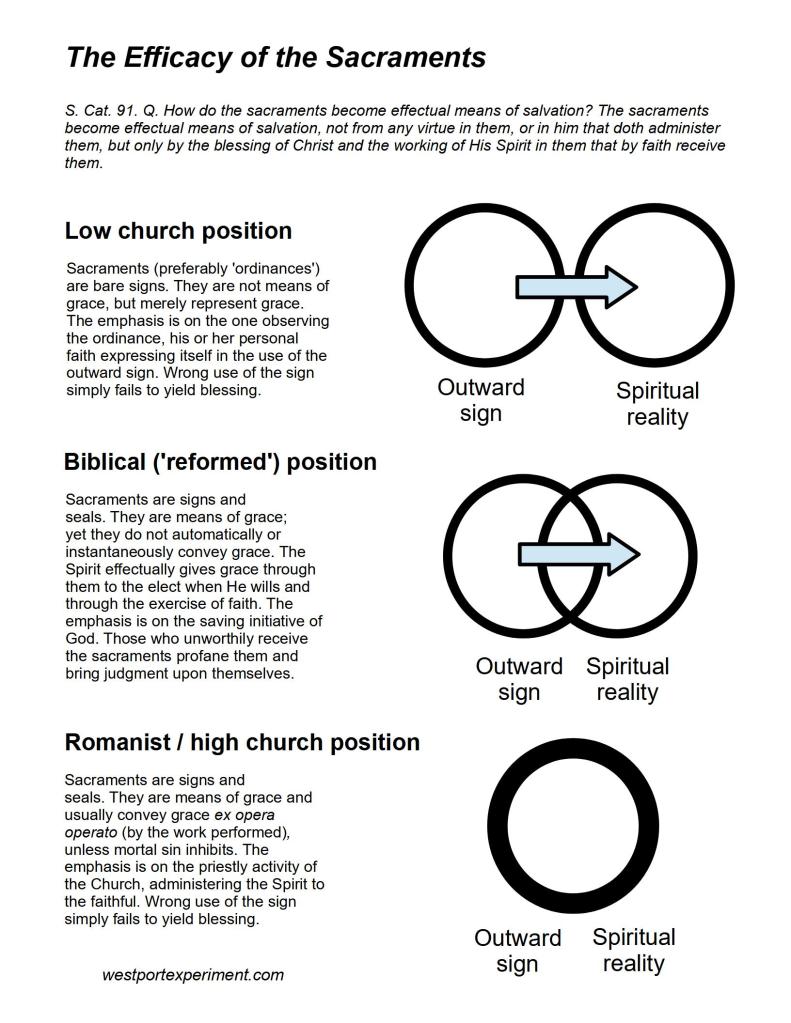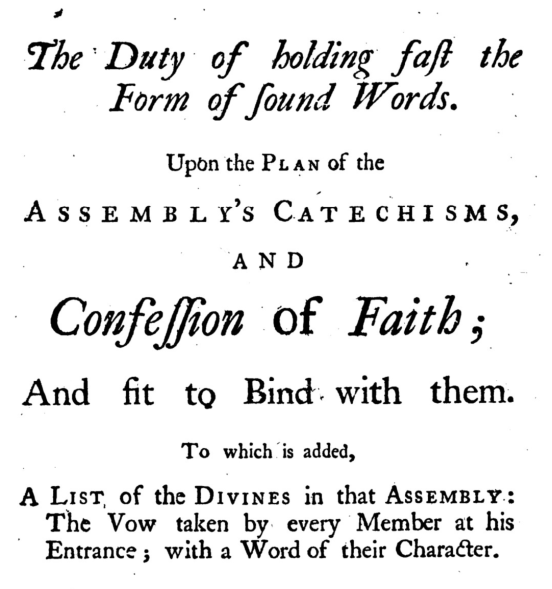The following selections are from Alcuin of York (c. 735-804), some of which were directed to the Emperor Charlemagne. Drawn from The History of Christian Missions, by George Frederick Maclear (1863).
* * * *
“The Apostolic Order . . . is first to teach all nations, then is to follow the administration of baptism, and further instruction in Christian duties. Therefore in teaching those of riper years, that order should be strictly maintained, which the blessed Augustine has laid down in his treatise on this special subject.
First, a man ought to be instructed in the immortality of the soul, in the future life, in its retribution of good and evil, and in the eternal duration of both conditions.
Secondly, he ought to be taught for what crimes and sins he will be condemned to suffer with the devil everlasting punishment, and for what good and beneficial actions he will enjoy eternal glory with Christ.
Thirdly, he ought most diligently to be instructed in the doctrine of the Trinity, in the advent of the Saviour for the salvation of mankind, in His life, and passion, His resurrection, ascension, and future coming to judge the world. Strengthened and thoroughly instructed in this faith, let him be baptized, and afterwards let the precepts of the Gospel be further unfolded by public preaching, till he attain to the measure of the stature of a perfect man, and become a worthy habitation of the Holy Ghost.”
Alcuin in another letter exhorts the emperor to provide competent catechists for his newly-conquered subjects: “They ought to follow the example of the apostles in preaching the Word of God; for they at the beginning were wont to feed their hearers with milk, that is, gentle precepts, even as the Apostle Paul saith, ‘And I, brethren, could not speak unto you as unto spiritual, but as unto carnal, even as unto babes in Christ. I have fed you with milk, and not with meat: for hitherto ye were not able to bear it, neither yet now are ye able.’ And thereby that great Apostle of the whole world, Christ speaking in him, signified that newly converted tribes ought to be nourished with mild precepts, like as children are with milk, lest if austerer precepts be taught, their weak mind should reject what it drinks. Whence also the Lord Jesus Christ Himself in the Gospel replied to those asking
Him why His disciples fasted not, ‘Men put not new wine into old bottles: else the bottles break, and the wine runneth out, and the bottles perish; but they put new wine into new bottles, and both are preserved.’ For, as the blessed Jerome saith, the virgin purity of the soul which has never been contaminated with former vice is very different from that which has been long in bondage to foul lusts and passions.”
“In this sacrament . . . there are three visible and three invisible things. The visible things are the priest, the person to be baptized, and the water; the in visible are the Spirit, the soul, and faith. The three visible things effect nothing externally, if the three invisible have no internal operation. The priest washes the body with water, the Spirit justifies the soul by faith. He that will be baptized must offer his body to the mystery of the sacred washing, and his mind to the voluntary reception of the Catholic Faith. These points ought a teacher to consider most diligently if he desire the salvation of the neophyte, and he must beware of slothfully or carelessly celebrating so great a sacrament.”
[image source]
Read Full Post »

